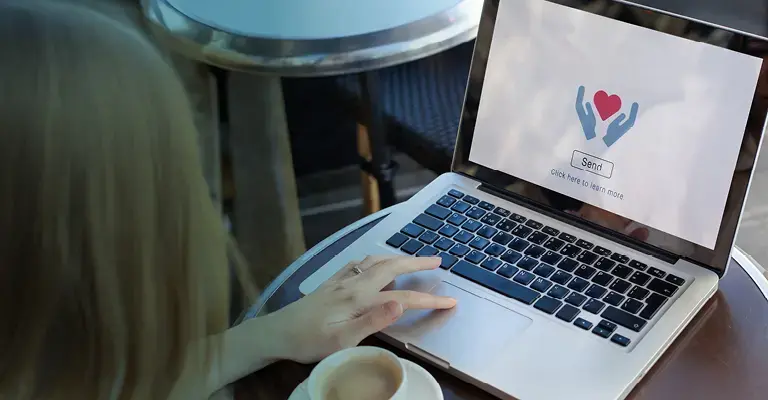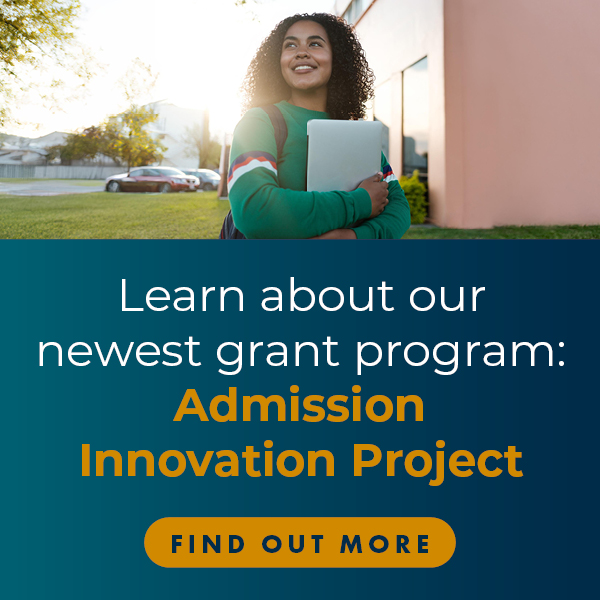Since launching our grantmaking activities in 2014, we have awarded over $26.4 million in support of our research priorities: access, affordability, and the value of legal education.
Awarded Grants
Grant Program
Grant Status

Board of Regents of the University of Wisconsin System
The project seeks to evaluate the efficacy of a 1-credit personal finance course for fourth-year medical students in improving financial knowledge, self-efficacy, and financial planning behaviors. The potential differences in course outcomes for under-represented minority (URM) students versus their non-URM peers to evaluate equity of impact will be examined.
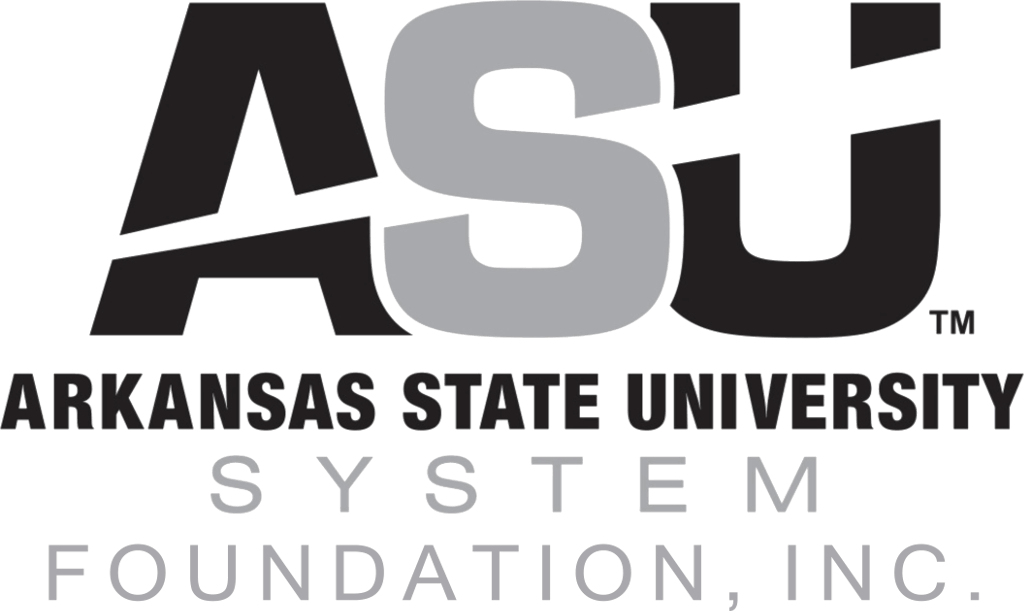
Arkansas State University System Foundation, Inc.
The project will focus on the impact that peer-led and initiated behavioral nudges (in the form of emails, text messages, and phone calls) will have on the financial wellness goals of first-year college students.

UC Berkeley School of Law
This grant will support the development of the Pre-Law Online Curriculum, a web-based, mobile-friendly pre-law advising center that is free and available to all. This system will provide instructional modules, community discussions, and online resources to students preparing for law school.
View grant outcomes.
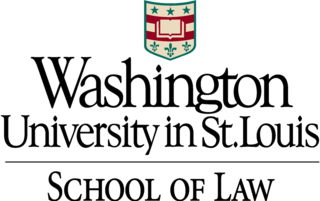
Washington University School of Law
The project aims to evaluate factors that will enhance the value and relevance of legal education, especially for historically underrepresented groups. The first objective is to create a nationwide archival dataset on lawyer rosters, lawyer disciplinary actions, and state occupational licensing requirements for lawyers in the United States from 1900 to 2018. Second, the research will investigate the effects of a host of law school and licensing policies that are relevant to the value of legal education.
View grant outcomes.
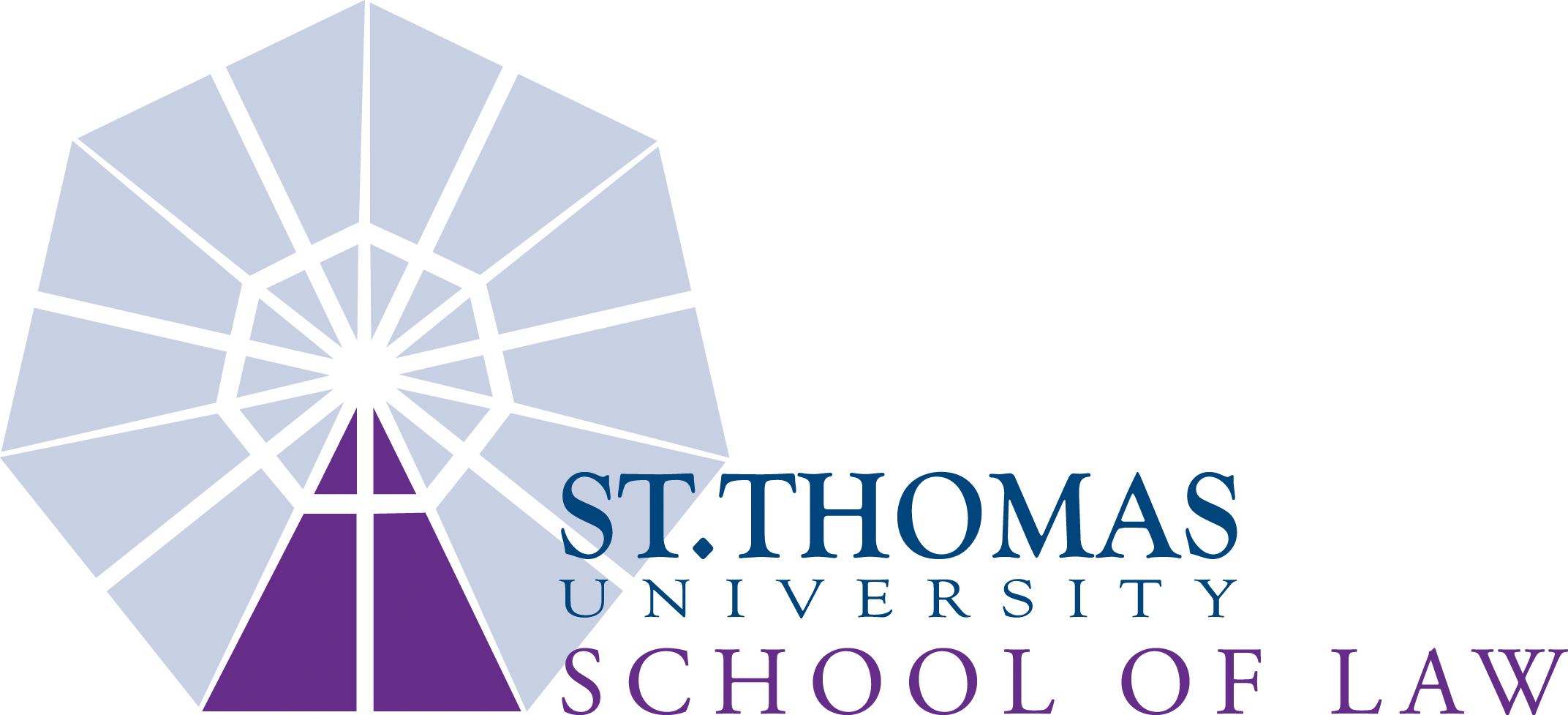
University of St. Thomas School of Law
Over the last few years, a growing number of law schools have implemented a required first-year course/program focused on professional development or professional identity formation. To date, there has been no assessment of which of the courses/programs are most successful in advancing students with respect to learning outcomes associated with professional development. This project would be designed to assess these courses/ programs and to identify the most successful pedagogies.
View grant outcomes.
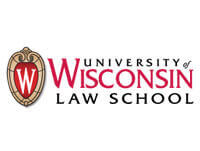
University of Wisconsin Law School
The project is intended to increase our understanding of how a Financial Life Skills (FLS) course can potentially improve undergraduate students' financial knowledge, capability, and well-being. There are three critical aspects related to college students that we wish to explore in this study: financial knowledge, financial attitudes, and financial behavior.
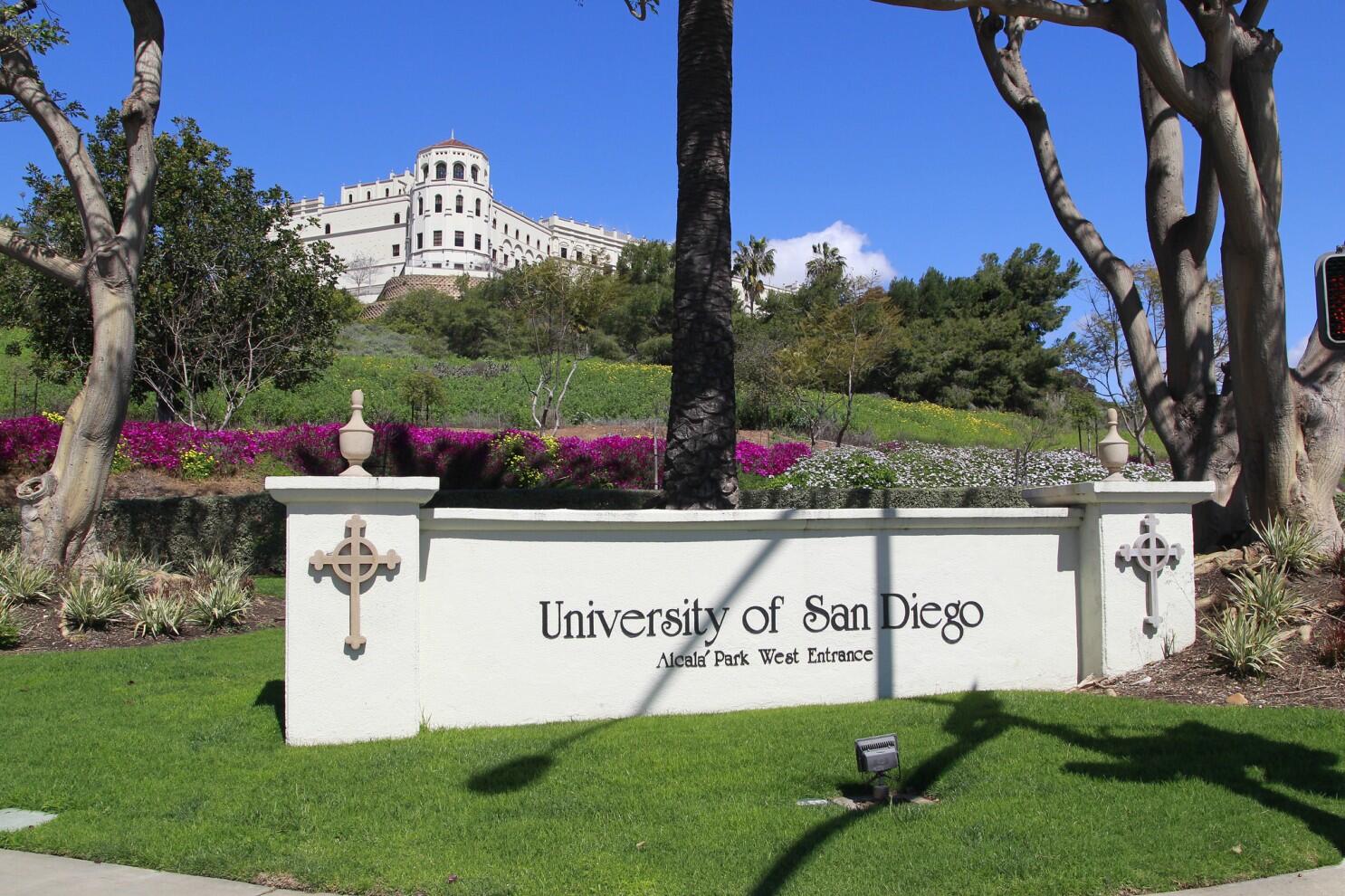
University of San Diego
The University of San Diego School of Law’s (USD) Center for Public Interest Law (CPIL), in partnership with the School of Business Department of Economics, plans to research inequality with respect to access to legal services. USD will investigate whether the lack of diversity in the attorney workforce directly impacts access to legal services by low-income, disadvantaged consumers, and whether the existing cut score of California’s Bar Exam is contributing to the justice gap in California.
View grant outcomes.
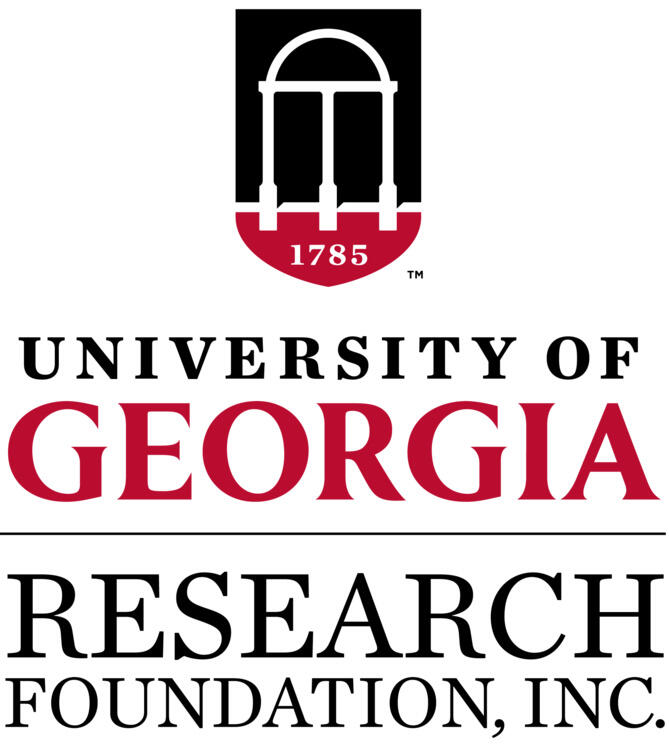
University of Georgia Research Foundation
The project will evaluate the impact of financial education course features on student financial literacy (i.e., financial knowledge, financial skill and financial self-efficacy) and financial well-being. The goal is to examine the effectiveness of collegiate financial education in improving the preparedness of college students to make financial decisions as students and after graduation.
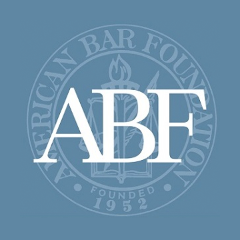
American Bar Foundation
The project will employ anthropological linguistic methods to examine how inequality is sustained in law schools in order to help them create more supportive environments for students and faculty of color. Faculty interviews, observations, and autobiographical textual analyses will be used to identify the verbal and non-verbal interactional habits that contribute to institutional practice that may sustain implicit biases.
View grant outcomes.

